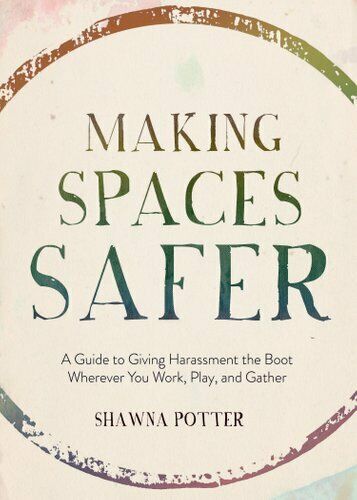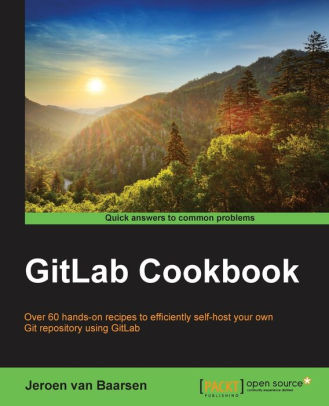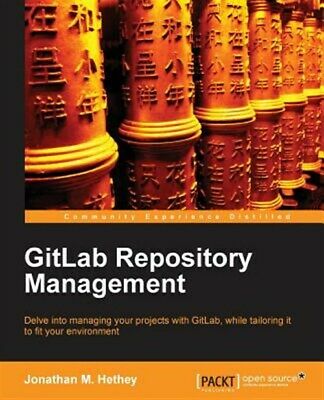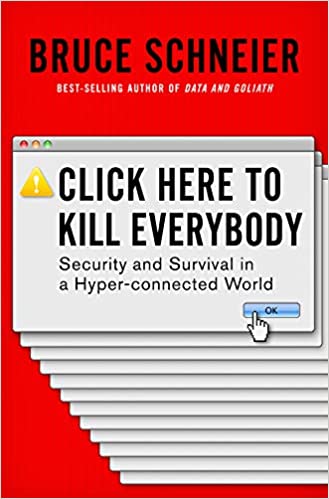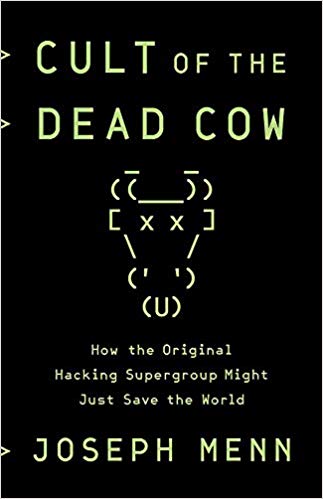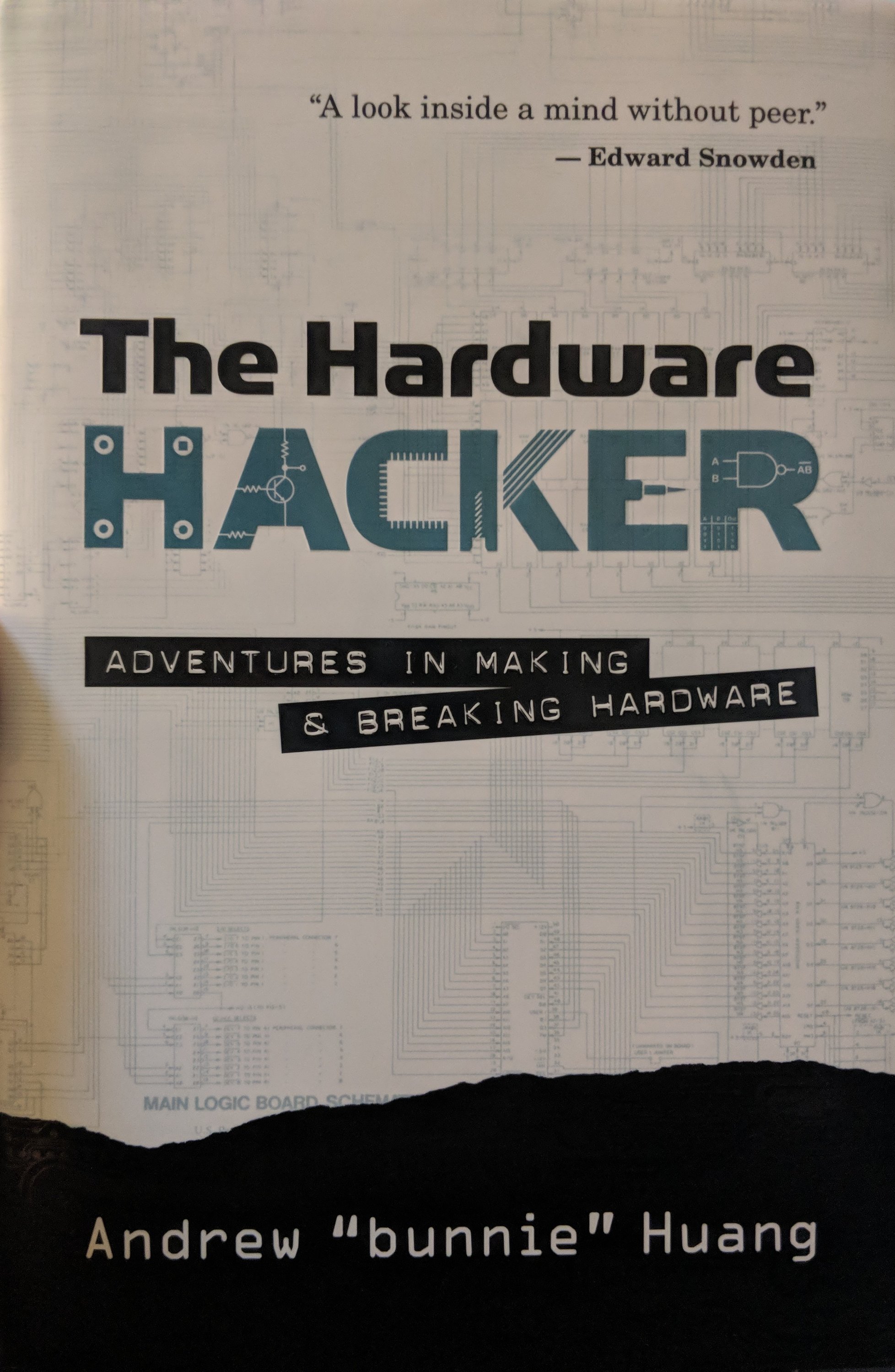I was made aware of this book very recently on Twitter in one of the many, many threads calling out shitty behavior, specifically shitty behavior at cons, more specifically shitty behavior at Defcon.
As a person who runs a space and attends cons, it seemed exponentially important for me to read it.
I’ve been around a while. I’ve seen shitty behavior. I’ve seen shitty behavior at Defcon. Combine people who have never had their bad behavior challenged with the Vegas factor and the perception of anonymity, and it’s easy to see how things can go off the rails really quickly.
Going into this book, I felt like I had done the work. I’ve worked on myself over the years. I’ve intervened and confronted on behalf of others. I’ve been that person that discreetly notifies staff that a problem might be brewing. After reading this book, I know there’s even more to do. I was surprised. In fact, I was surprised at how surprised I was.
Shawna (Twitter: @ShawnaPotterWOW) does a fantastic job at describing the problems faced by marginalized people — people of color, women, LGBTQIA+, etc. — and then takes it farther by giving real world examples of both shitty behavior and legit strategies that can be employed by community space staff, allies and even bystanders. None of it is extreme or difficult. In fact, 99% of it costs nothing, and much of it aims for not only de-escalation of a situation and how to support the victim in the moment, but also changing the behavior using confrontation, education and specifically targeted strategies on dealing with the person who has been harmed as well as the person causing the harm.
I feel like this book is a great starting point for anyone who manages a group or opens up a space to the public. I still have questions, of course, but as the book points out, these behaviors and their reactions can be nuanced and require thinking outside of the box, and there will be situations that come up that feel like gray areas. But the book does a fine job of guiding the reader into the mindset of a victim-centered approach.
The important thing is that it makes situations that may seem unmanageable seem more manageable by providing you with a toolset for dealing with them.
Going forward, there’ll be a copy in the DC540 library. Members who are interested are encouraged to consider reading it. Or get your own copy:
Also available on audiobook at libro.fm


